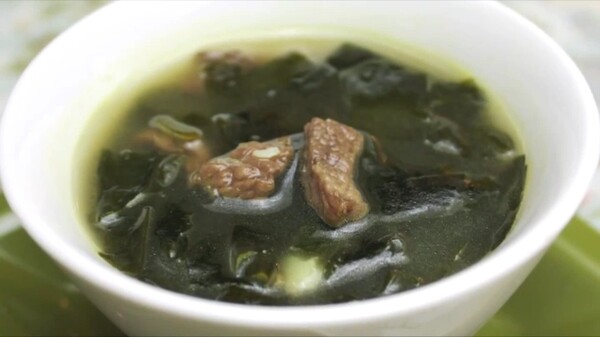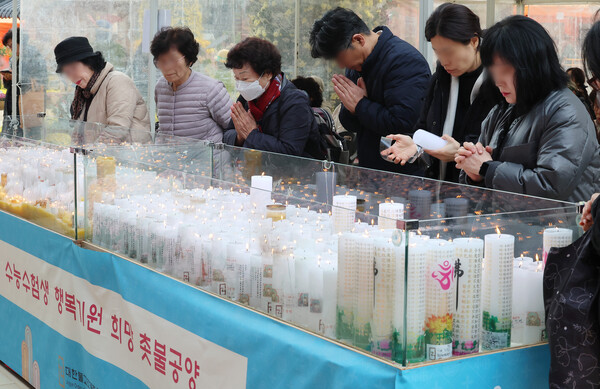From seaweed soup superstition to grounded flights

Major international news outlets—including AFP, Reuters, and the BBC—turned their attention to South Korea’s highly demanding college entrance exam culture, highlighting everything from food taboos to nationwide schedule adjustments on the day of the College Scholastic Ability Test (CSAT).
On November 13, as students across the country sat for the 2026 CSAT, foreign media offered detailed coverage of how deeply the exam shapes Korean society.
AFP described the CSAT as “an essential gateway to admission into prestigious universities,” noting that the entire nation moves in sync to support the test-takers. The report explained that all domestic flights are grounded for 35 minutes during the English listening section and that banks and public institutions open an hour later than usual to ease traffic congestion for students heading to test sites.
The agency also pointed to several exam-day taboos, most famously the avoidance of seaweed soup. Many students and parents still believe that eating the slippery soup on the morning of the exam could cause them to “slip” academically—a superstition that continues to hold sway.
AFP additionally shared a parent’s story about spending the entire exam day praying for their child. “I prayed while my son was taking the test and stopped during the breaks. During lunchtime, I ate as if I were sharing the meal with him,” the parent said.
Reuters reported that more than 500,000 students faced the grueling exam, with police mobilized nationwide to ensure that test-takers arrive on time. The BBC emphasized the sheer scale of the challenge, noting that students tackle roughly 200 questions over an eight-hour marathon exam. The broadcaster added that visually impaired students sit for an even tougher schedule, with some taking nearly 13 hours to complete the test.
From rituals of good fortune to a temporary halt in air travel, the foreign media coverage underscored how the CSAT remains one of the most intense and socially significant academic events in South Korea.


